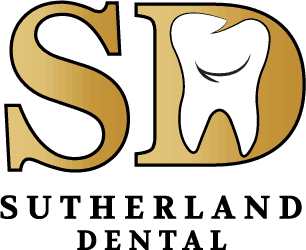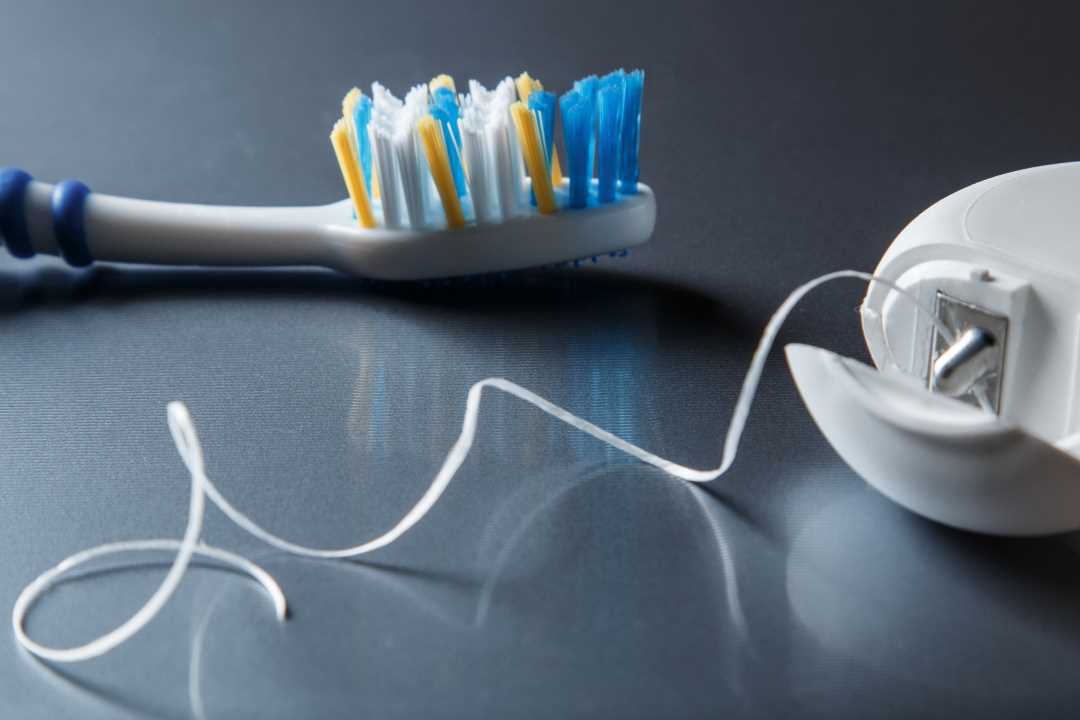A strong oral routine goes far and beyond just looking after your smile. It fights other conditions such as cavities, gum disease, and bad breath.
A strong oral routine constitutes flossing and brushing your teeth. Although, which should you perform first? Should you brush or floss first?
There have been many different answers to this in the recent past. Some say you should floss first before brushing, whereas some say brushing first is recommended.
Both brushing and flossing have great benefits to your oral health. But which sequence is best to get you the best results for your smile? Brush or floss first?
You Should Floss Before You Brush…
Naturally, many people get into the habit of brushing their teeth first because it’s referenced everywhere, but what is equally important is getting into the habit of flossing.
You should floss before you brush, and here’s why.
Food naturally becomes stuck within our teeth, and food that remains stuck in the mouth will convert into bacteria and then the dental plaque, a bacteria-filled substance that coats around your teeth. Eventually, this can harden into tartar if not professionally cleaned by the dentist.
So, why should you floss first? If you brush your teeth first, not all particles in the mouth have likely been accounted for. There are certain areas in the mouth that your toothbrush cannot reach. When you’ve flossed after you’ve brushed, those particles will stay inside your mouth until the next time you brush your teeth.
When you floss first, your toothbrush will pick up any particles that have remained inside the mouth. This reduces the chance of plaque build-up and gum disease and leaves you with a clean and fresh mouth.
Why Can’t I Just Rinse My Mouth After Flossing?
Rinsing your mouth means that you’re washing away fluoride, which is a mineral that keeps your teeth strong. When you’ve brushed your teeth, you want the fluoride to remain on your teeth. Therefore, floss first to release the particles, and brush your teeth so the particles can be accumulated by the bristles on your toothbrush.
What Other Hygiene Tips Should I Perform?
A clean mouth is a healthy mouth, and it is important that you’re not just brushing and flossing, but you’re performing them correctly. Here are some extra tips that can help you:
- Floss your teeth twice a day, once in the morning and once at night
- Keep your enamel strong by brushing your teeth with toothpaste that contains traces of fluoride
- Brush your teeth at a 45-degree angle so that any bacteria from your gums can be picked up
- Perform tongue scraping so that any bacteria landed on the tongue is catered for
- Visit the dentist regularly for professional scale and polish treatments
If you’re seeking support with your oral routine and want to know more about whether you should brush or floss first, consult your dentist to get the best advice for your smile.



